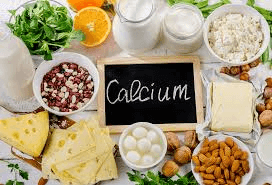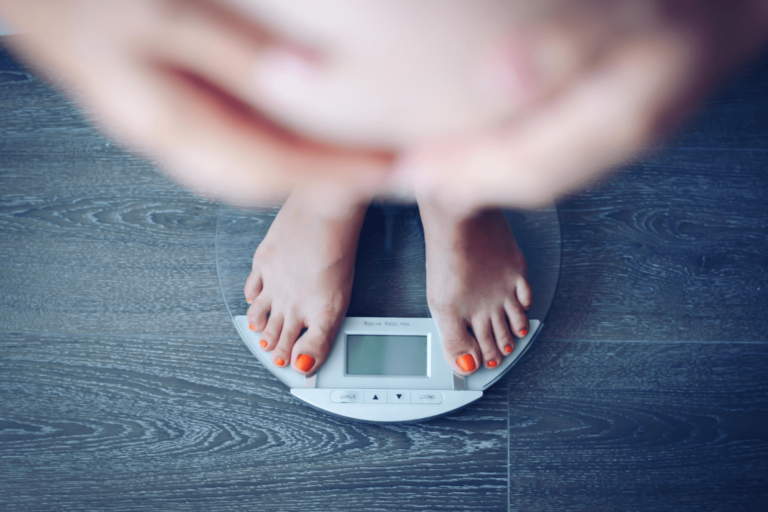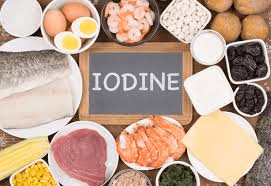The Importance of Calcium During Pregnancy

Pregnancy is a crucial time to focus on your diet, as certain nutrients become even more essential for both your health and your baby’s development. One of the most vital nutrients during pregnancy is calcium. Not only does it help build strong bones for your baby, but it also supports the development of their heart, muscles, and nerves. Insufficient calcium intake can lead to a depletion of calcium from your own bones, which can affect your long-term health.
Recommended Daily Intake
Most health experts recommend that pregnant women consume about 1,000 mg of calcium per day. This recommendation remains consistent before, during, and after pregnancy. However, many women do not meet this daily requirement through their regular diets.
Top Sources of Calcium
To help you meet your calcium needs, here are some excellent food sources rich in calcium:
- Skim-milk yogurt: Nearly 400 mg of calcium per serving
- Nonfat fruit yogurt
- Part-skim ricotta cheese
- Sardines
- Skim milk
- Calcium-fortified orange juice
- Tofu
- Mozzarella cheese
- Cheddar cheese
- Salmon
- Spinach
- Cottage cheese
- Sesame seeds
- Dry roasted almonds
Foods higher up on the list typically provide more calcium per serving, with the top items offering nearly 400 mg of calcium each. Foods lower on the list, such as dry roasted almonds, provide around 100 mg per serving. Incorporating a variety of these foods into your diet can help you achieve your daily calcium intake goals.
Also read: Will My Appetite Change During Pregnancy?
Supplementing Calcium
If you’re taking a prenatal vitamin, it likely includes about 200 mg of calcium. Remember that your body can only absorb around 500 mg of calcium at a time, so it’s important to space out your calcium intake throughout the day.
Avoiding Excess Calcium
While it’s crucial to get enough calcium, taking in too much can pose health risks, such as kidney stones or constipation. Aim to keep your total daily calcium intake under 2,000 mg.
The Role of Vitamin D
To maximize calcium absorption, make sure you’re also getting enough vitamin D. This vitamin aids in calcium absorption and is essential for ensuring that both you and your baby receive adequate calcium.
In conclusion, maintaining an adequate intake of calcium during pregnancy is essential for your baby’s development and your long-term health. By including calcium-rich foods in your diet and considering supplements if necessary, you can help ensure a healthy pregnancy. Always consult with your healthcare provider before making any significant changes to your diet or supplement regimen.
Also read: Are You Getting Enough Iodine In Your Pregnancy Diet?






